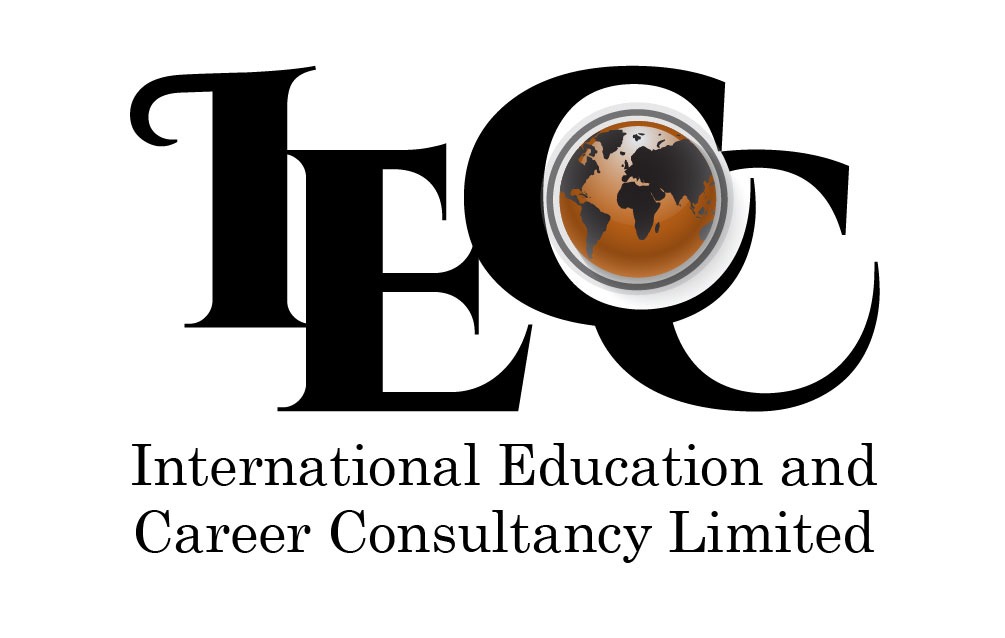Overview
Apply professional engineering knowledge to understand, modify and control biological systems on this 4-year BEng (Hons) Biomedical Engineering degree, including a sandwich placement year in industry.
You’ll study disciplines such as:
- rehabilitation engineering – prosthetic / orthotic devices
- biomaterials and implant design
- tissue engineering and wound repair for artificial organs
- genomic coding and genetic engineering
- medical technology – design and manufacturing
All teaching is informed by the latest research, and is delivered by experienced medical engineers and clinical scientists. You’ll also gain professional insight from leading industry partners, and hands-on practical experience in our state-of-the-art engineering laboratories.
A placement year in industry enables you to build contacts whilst developing your skills and professional confidence.
Depending on your level of progress, transfer to our is possible at the end of either your first or second year. The MEng programme comprises an extra fourth academic year of more in-depth study, and can be taken with or without a placement year in industry.
Programme options
We also offer a 4-year version of the BEng which includes a ‘sandwich’ placement year in industry. The placement year is an excellent way to develop your professional experience, build industry contacts, and gain insight into the day-to-day work of a professional engineer.
You may also be interested in our MEng Biomedical Engineering programmes. We offer a 4-year version of the MEng and a 5-year version with sandwich year. These programmes give you a Master’s level degree on graduation, with the additional year enabling further study of the technical and managerial aspects of biomedical engineering.
Professional accreditation
These courses are accredited by the Institution of Mechanical Engineers (IMechE), and can lead to Chartered Engineer (CEng) accreditation. This course is recognised by ENAEE (European Network for Accreditation of Engineering Education).
Entry Requirements
Typical offer – 112 UCAS tariff points.
We take into consideration a number of factors when assessing your application. It’s not just about your grades; we take the time to understand your personal circumstances and make decisions based on your potential to thrive at university and beyond.
A levels
To include A-level Maths minimum grade C.
BTEC Extended Diploma
DMM
BTEC Level 3 (2010-2016): Must be an Engineering subject – to include Further Mathematics for Engineering Technicians (Unit 28) at minimum Merit.
BTEC Nationals Level 3 (from 2016): Must be an Engineering subject – to include ‘Calculus to Solve Engineering Problems’ (Unit 7) and ‘Further Engineering Mathematics’ (Unit 8) at minimum Merit.
Applicants on Access Programmes
112 UCAS tariff points from an Access to Higher Education Diploma in Engineering or Science and Engineering – must contain a minimum of 12 credits in Maths at minimum Merit.
International Baccalaureate requirements
112 UCAS tariff points to include HL Maths at grade 5. Plus HL 3 or SL 4 in English Language and Literature A or English B.
Plus minimum of
GCSE English and Mathematics at grade C or 4 (equivalents accepted).
English language requirements
Minimum IELTS at 6.0 or the equivalent.
If you do not meet the IELTS requirement, you can take a University of Bradford pre-sessional English course.
CIFS entry requirement
If you are an International student and do not meet the entry requirements for direct entry onto this course you may be interested in our Certificate of International Foundation Studies
80 UCAS points or equivalent (see individual country pages for details) plus a Maths qualification equivalent to AS Level Grade C. UKVI approved IELTS of 5.0 overall with no sub-test less than 5.0.
CIFS modules to be taken
Students study the four core modules plus:
- Foundation Mathematics 2
And ONE additional module from the following:
- Foundation in Human Biology
- Foundation in Chemistry
- Introduction to the Social Sciences
- Global Business Environment
Progression requirements for degree programme
An overall average of at least 55% and at least 55% in Foundation Mathematics 2
Course Content
The programme is intended to help students to develop the engineering, medical, design, management and personal skills required to become professional medical engineers and in doing so, also equip them for careers in other professions.
All module information is for 2019 entry, and is subject to change.
First year
Core
Design, Build and Test (ENG4006-B)
Mathematical Methods and Applications (ENM4004-B)
Electronics and Mechanics (ELE4013-B)
Engineering Materials (ENG4007-B)
Thermofluids 1 (ENG4008-B)
Computer Aided Engineering (ENB4002-B)
Second year
Core
Further Engineering Mathematics and Statistics (ENM5005-B)
Clinical Movement Analysis (MHT5011-B)
Electronics for Bio-Sensing (MHT5012-B)
Healthcare Technology Project (MHT5005-B)
Functional Anatomy and Human Physiological Measurements (MHT5014-B)
Cell and Tissue Biology (MHT5007-B)
Final year
Core
Individual Research Project (ENG6003-D)
Biomaterials with Implant Design and Technology (MHT6013-B)
Rehabilitation and Prosthetics (MHT6019-B)
Medical Ethics and Quality Management (MHT6020-B)
Project Management and Six Sigma (ENB6010-B)
Career Prospects
Health authorities in the UK are among the largest employers in Europe and are supported by a large and diverse industrial sector supplying diagnostic and monitoring equipment, orthopaedic devices and artificial organs. The mix of professional engineering and health related skills acquired will enable you to pursue a wide choice of careers in this dynamic and growing sector.
Employment statistics
90% of our 2017 graduates in Medical Engineering found employment or went on to further study within six months of graduating.*
Salary expectations
The average starting salary for our 2017 Medical Engineering BEng graduates was £24,076.*
*These DLHE statistics are derived from annually published data by the Higher Education Statistics Agency (HESA), based on those UK domiciled graduates who are available for employment or further study and whose destinations are known.
Learning and assessment
You’ll be taught through a mix of lectures, tutorials, laboratory work, field trips, small group projects, invited lectures and seminars and self-study.
We offer a wide choice of modules, so you can study all aspects of your chosen subject and keep your career options open.
